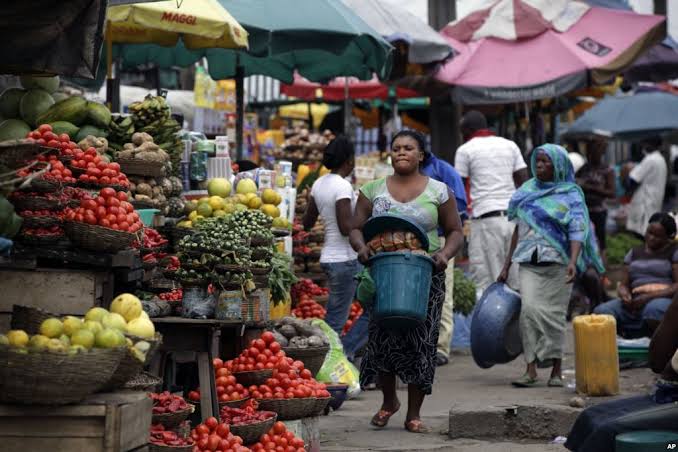The Federal Government has said that it would remain committed to tackling challenges that affect food prices across the country.
The Minister of Agriculture and Food Security, Sen. Abubakar Kyari disclosed this in Abuja during the presentation of the Executive Summary of the 2025 Agricultural Performance Survey, jointly conducted by the National Agricultural Extension and Research Liaison Services (NAERLS).
Kyari stated that while the report revealed that efforts towards improving food production and lower prices have achieved great progress, he however, acknowledged that some challenges have equally been identified.
According to him, while the government would make more commitment to tackle the challenges of high cost, especially fertilizer, it would also ensure increased local production of the inputs needed by farmers to sustain food supply.
Kyari said, “ the 2025 APS findings present both encouraging progress and critical challenges. On a positive note, the report confirms steady growth in the production of major staples—rice, maize, sorghum, millet, cowpea, yam, and cassava—all of which show increases over 2024 levels.
“ This progress, coupled with a significant drop in food prices across all zones, is a clear reflection of improved supply conditions and the cumulative effect of our ongoing interventions in input support, extension delivery, and mechanization. It is particularly heartening to see that farmers across regions have demonstrated remarkable resilience despite irregular rainfall, localized flooding, and pest pressures”.
He added that, “ the report also highlights persistent challenges. Rising input costs, particularly for fertilizer and fuel, continue to limit productivity among smallholders. Mechanization coverage, though improving, remains uneven, and post harvest losses, especially in the South-West and North-Central zones, pose serious threats to food availability and farmer incomes.
“ The survey’s documentation of livestock disease outbreaks and fisheries decline in certain regions underscores the need for stronger animal health systems, aquaculture development, and adaptive measures in response to climate variability”.







